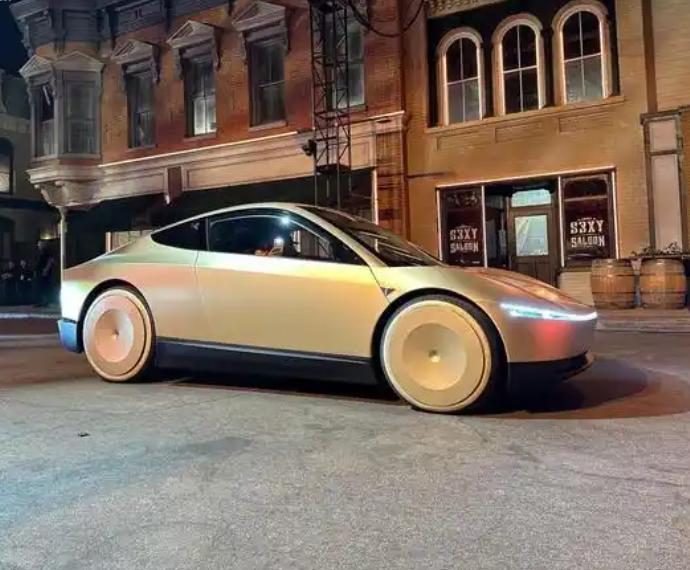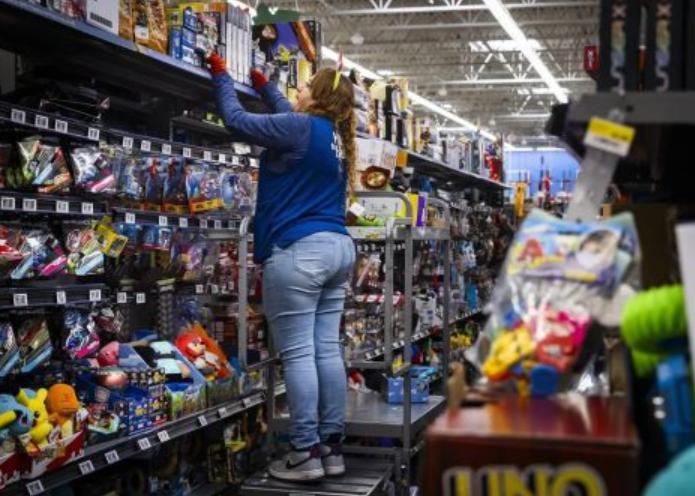
On October 26th local time, Tesla's CEO Elon Musk announced at the earnings call that he has finally set a clear production schedule for Cybercab. The production plan for Cybercab is scheduled to start in the second quarter of 2026. This self-driving taxi, designed specifically for Robotaxi services, has completed key tests such as dynamic evaluation and collision safety inspections at the Fremont test site. The preparations for mass production are now in the final stage. The most revolutionary design of Cybercab lies in completely eliminating the steering wheel and pedals, making it the world's first mass-produced vehicle that fully relies on the FSD (Full Self-Driving) system. During the engineering prototype stage, a temporary steering wheel was introduced only for testing purposes. The production version will fully achieve autonomous driving without human intervention. This design not only significantly reduces manufacturing costs, with the estimated vehicle cost controlled within $30,000, but is also a new solution for shared mobility.
The mass production of Tesla's Cybercab will profoundly impact the technology sector, promoting autonomous driving technology while potentially bringing complex and multi-faceted impacts on technical reliability, etc. Firstly, the impact of autonomous driving technology: Cybercab, as Tesla's first mass-produced passenger vehicle without a steering wheel or pedals, its design that completely relies on the FSD (Full Self-Driving) system will drive the leap from assisted driving to fully autonomous driving. This technological breakthrough will accelerate the global adoption of autonomous driving technology and lay the foundation for the development of intelligent transportation systems. However, Cybercab's elimination of the steering wheel and pedals, relying solely on the autonomous driving system, may lack necessary emergency control devices and violate safety standards. The mass production of Cybercab will accelerate the commercialization process of autonomous driving technology. As an unmanned taxi, it will change people's traditional travel habits, improve travel efficiency, and make travel more intelligent and convenient. At the same time, its low-cost operation model will significantly lower the travel threshold, increase the utilization rate of passenger vehicles, and promote the development of the shared mobility market. At the same time, although Tesla's FSD system is constantly upgrading, there are still issues that it cannot handle in extreme weather and unexpected road conditions. For example, in tests, the FSD system failed to recognize school bus stop signs multiple times and directly collided with child dummies, exposing its insufficient active safety capabilities.
Secondly, challenges to regulations and ethics: Current regulations require vehicles to be equipped with traditional control devices, and the design of Cybercab without a steering wheel clearly contradicts this. This may lead to legal obstacles for Tesla during the mass production and commercialization process. The decision-making logic of autonomous vehicles when facing moral choices (such as unavoidable collisions) may trigger ethical controversies. Cybercab, as a fully unmanned vehicle, will directly face these ethical challenges.
Thirdly, the impact on the public: With the popularization of unmanned taxis, urban traffic planning and infrastructure construction may need to be adjusted accordingly. At the same time, the popularization of Cybercab will also have an impact on the spatial layout and functional zoning of cities. However, many users will be frightened and uneasy by the design without a steering wheel, and have low trust in autonomous driving technology. This public trust crisis may affect the market promotion and commercialization process of Cybercab. In the event of an accident involving autonomous vehicles, the determination of accident responsibility may become complex and difficult. This may deepen public doubts about autonomous driving technology and further affect its acceptance.
In conclusion, although the mass production of Tesla's Cybercab demonstrates an innovative breakthrough and great potential in the field of autonomous driving transportation, its shortcomings such as technical reliability risks and the skeptical attitude of the public have also cast a shadow over its development path. Only by continuously overcoming technical bottlenecks, promoting the improvement of regulations, and enhancing user trust can Cybercab truly achieve the leap from concept to widespread adoption and lead a profound transformation in the field of transportation.

A new survey released in the United States shows that in the context of rising prices and growing concerns among the public about the economic outlook of the country, there is a coexistence of frugality and differentiation.
A new survey released in the United States shows that in th…
By the end of 2025, the situation in the Middle East resemb…
According to Channel NewsAsia, international oil prices hav…
On Sunday, US President Donald Trump Trump met with Ukraini…
Officials in the Trump administration, speaking on Fox News…
In 2025, the Trump administration reshaped the global trade…